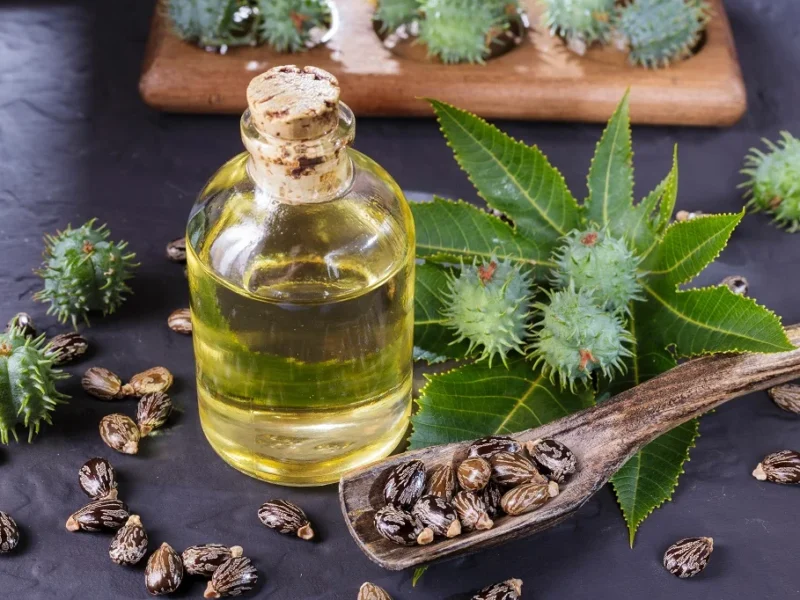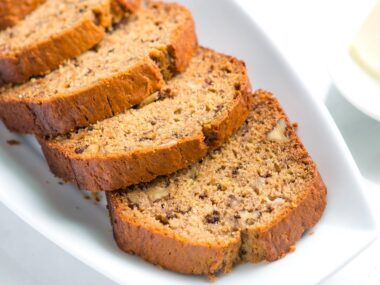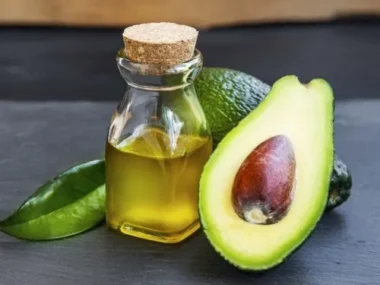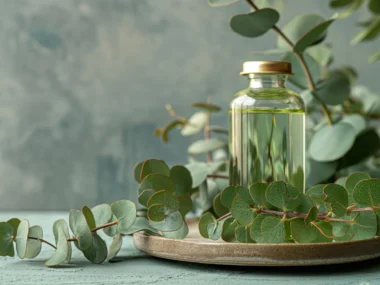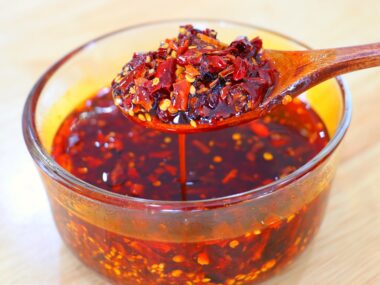Castor oil is a well-loved natural remedy used for a variety of purposes, from promoting hair growth to moisturizing skin and even helping with digestive issues. However, not everyone has castor oil on hand or finds its thick consistency appealing.
If you’re looking for an alternative to castor oil, there are many other oils and natural ingredients that can provide similar benefits.
In this blog post, we’ll explore 11 substitutes for castor oil, detailing how each one can be used for different needs.
11 Best Substitutes For Castor Oil
1. Coconut Oil
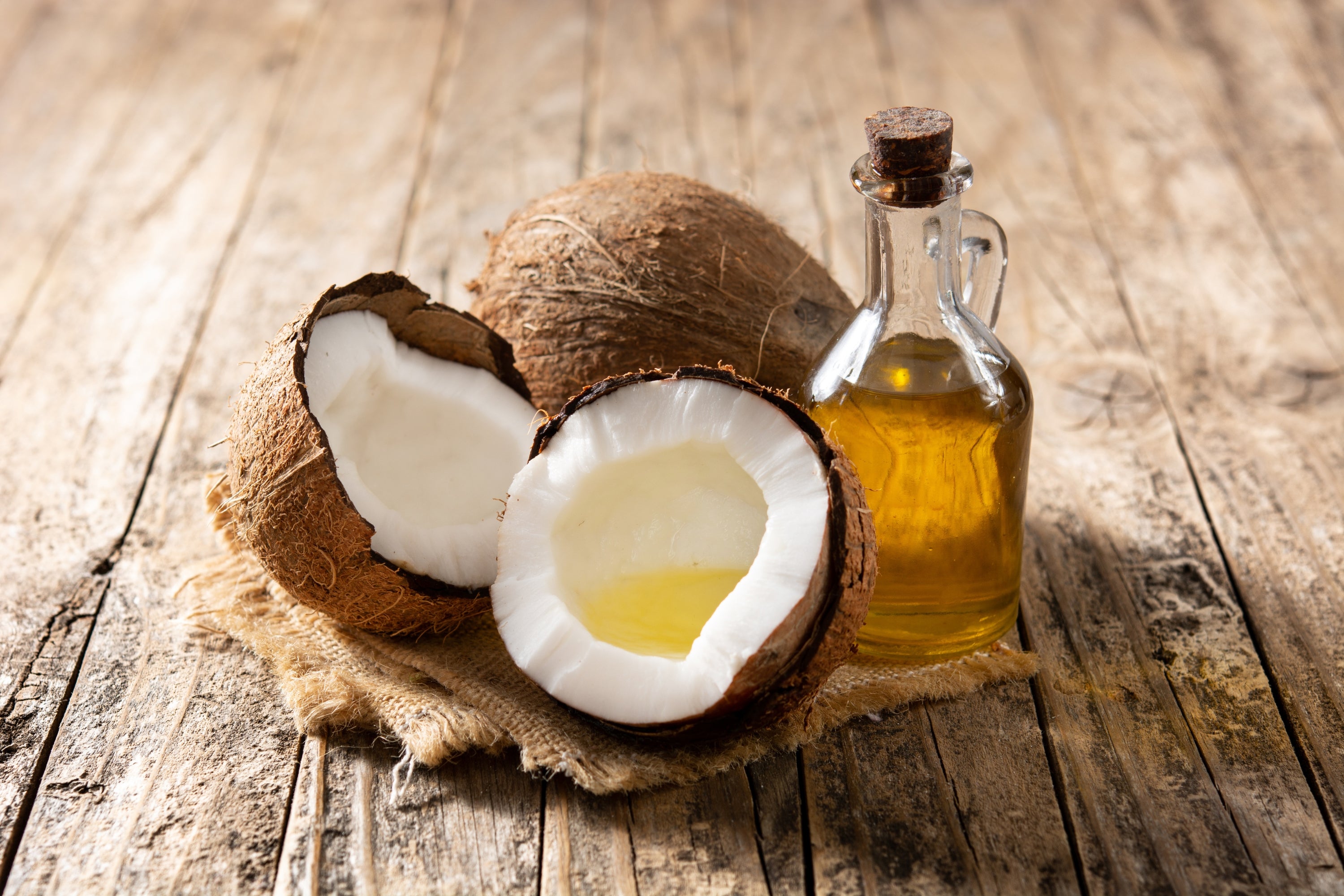
Coconut oil is a great alternative to castor oil because of its versatility and beneficial properties. It is lighter than castor oil, making it easier to apply and wash off. Coconut oil is excellent for hair care because it penetrates the hair shaft, reducing protein loss and strengthening the hair.
To use it for your hair, you can warm a small amount of coconut oil in your hands and apply it to your scalp and hair, leaving it on for at least 30 minutes before rinsing it out with shampoo. For skin care, coconut oil acts as a great moisturizer, especially for dry skin, due to its high fatty acid content.
It also has antibacterial properties, which makes it suitable for people with acne-prone skin. You can apply a thin layer to your skin and massage it gently until absorbed.
2. Olive Oil
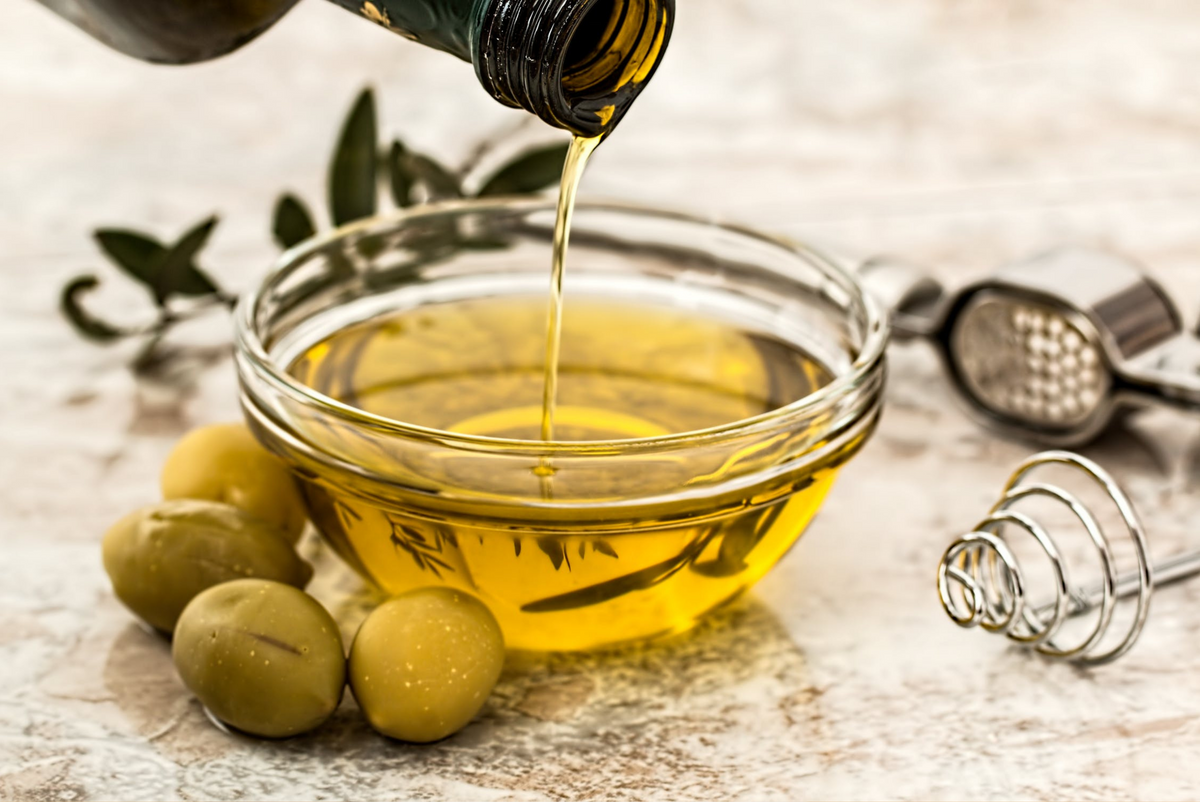
Olive oil is another excellent substitutes for castor oil. It is rich in vitamins, especially vitamin E, and antioxidants that help nourish the skin and hair. Olive oil is lighter than castor oil and has a pleasant, mild scent, which makes it a great choice for those who find castor oil’s thick texture difficult to handle.
It is widely used for hair treatments because it helps to soften and strengthen hair. Simply massage a small amount of olive oil into your scalp and hair, cover it with a shower cap, and leave it on for about an hour before washing it out.
Olive oil is a superb moisturizer that can help keep the skin soft and hydrated. You can apply a few drops directly to your skin or mix it with your regular lotion.
3. Almond Oil
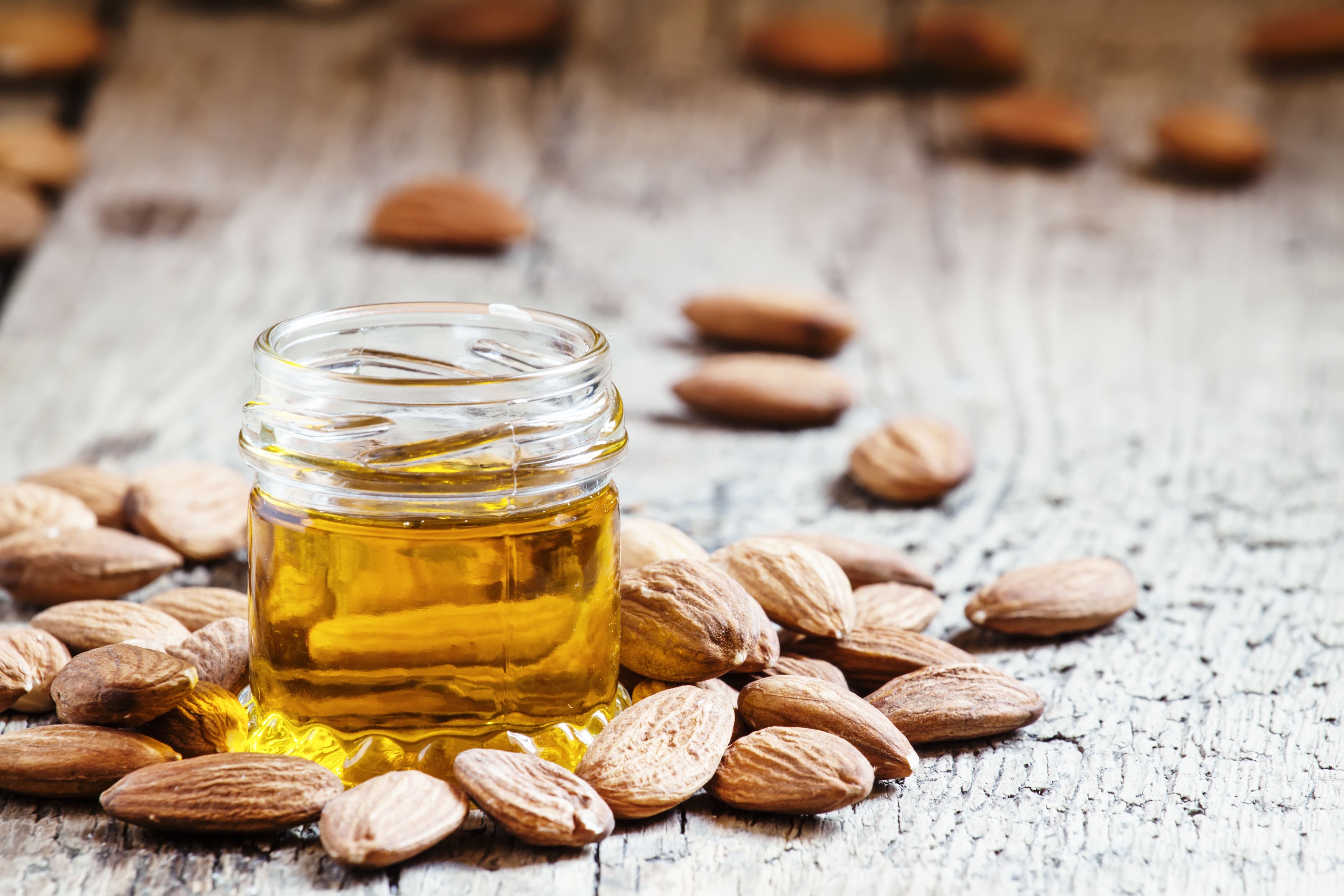
Almond oil is a light, non-greasy oil that is easily absorbed by the skin, making it a great alternative to castor oil for moisturizing. It is rich in vitamins A and E, which are essential for healthy skin and hair.
Almond oil is commonly used to treat dry skin, reduce the appearance of dark circles under the eyes, and soothe skin irritations. To use almond oil for skin care, apply a few drops to the affected area and massage gently.
Almond oil can help strengthen and condition the hair, promoting healthy growth. Warm a small amount of almond oil and apply it to your scalp and hair, leave it on for about 30 minutes, then wash it out with a mild shampoo.
Read also 11 Best Substitutes For Sugar Figgerits
4. Jojoba Oil
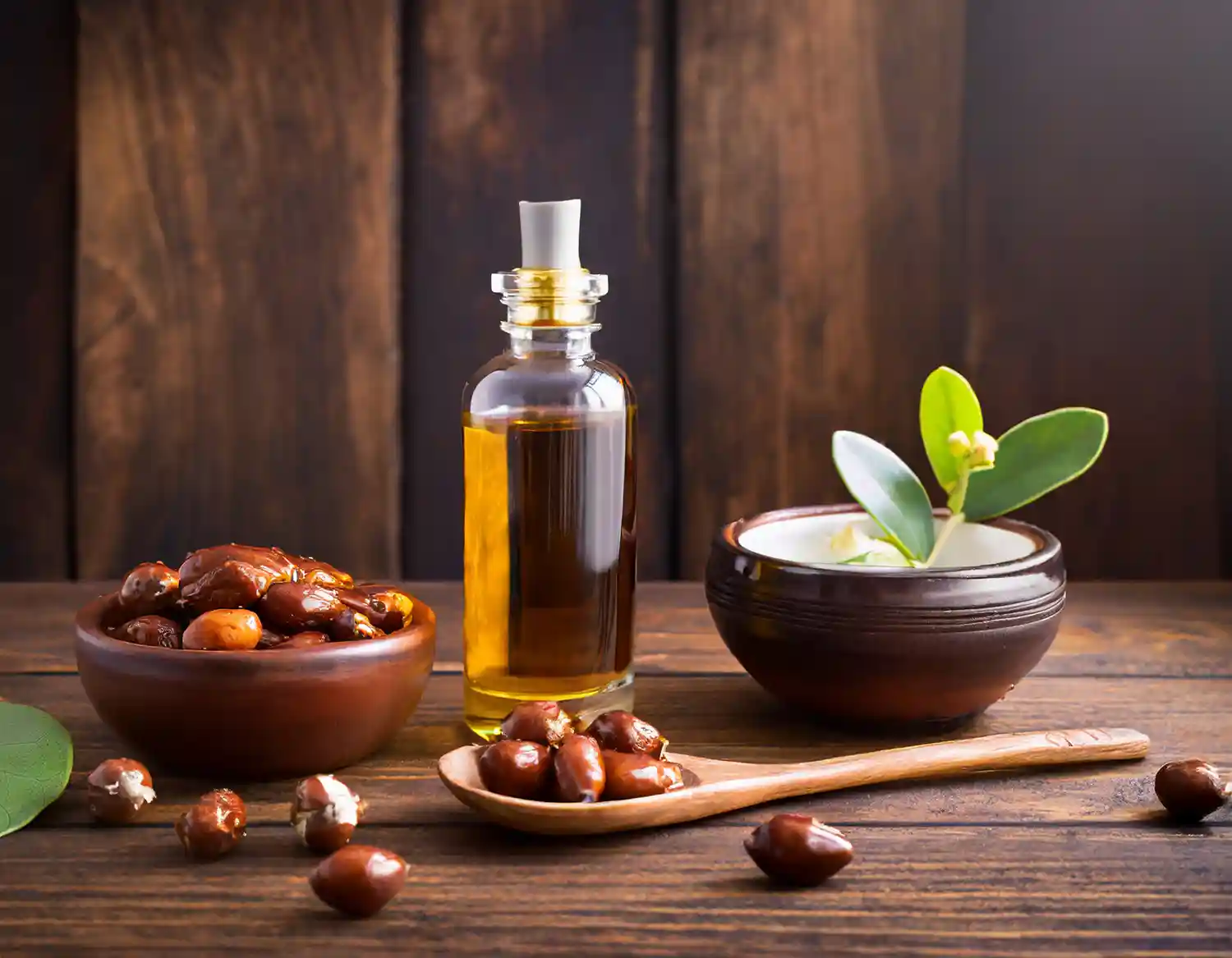
Jojoba oil is a popular choice for those seeking an alternative to castor oil, particularly for skin and hair care. Unlike many other oils, jojoba oil is actually a liquid wax that closely resembles the natural oils produced by our skin.
This makes it an excellent moisturizer that is easily absorbed without leaving a greasy residue. Jojoba oil is great for acne-prone skin because it helps regulate oil production and has anti-inflammatory properties that can reduce redness and swelling.
For hair care, jojoba oil can help to moisturize the scalp and reduce dandruff. Simply apply a small amount to the scalp and hair, massage it in, and leave it on for 20-30 minutes before rinsing.
5. Argan Oil

Argan oil, often referred to as “liquid gold,” is a fantastic substitute for castor oil, particularly for hair and skin care. It is packed with essential fatty acids, vitamin E, and antioxidants, which help to nourish and protect both skin and hair.
Argan oil is widely used to tame frizzy hair, repair split ends, and add shine. To use argan oil for hair care, apply a few drops to your palms, rub them together, and then run your hands through your hair, focusing on the ends.
For skin care, argan oil can be used as a face moisturizer or serum. It helps to hydrate and soften the skin without clogging pores, making it suitable for all skin types.
6. Grapeseed Oil

Grapeseed oil is a lightweight oil that is rich in antioxidants and fatty acids, making it a great alternative to castor oil. It is particularly beneficial for oily or acne-prone skin because it does not clog pores and helps to balance the skin’s natural oils.
Grapeseed oil is also known for its ability to tighten and tone the skin, making it a good choice for those looking to reduce the appearance of fine lines and wrinkles. For hair care, grapeseed oil can help to strengthen and moisturize the hair, promoting healthy growth.
To use grapeseed oil, apply a small amount to your scalp and hair, massage it in, and leave it on for about 30 minutes before rinsing with shampoo.
7. Avocado Oil

Avocado oil is a rich, nourishing oil that is an excellent substitute for castor oil, especially for dry or damaged hair and skin. It is loaded with vitamins A, D, and E, as well as fatty acids that help to hydrate and repair the skin.
Avocado oil is often used as a deep conditioning treatment for dry or brittle hair. To use it, warm a small amount of avocado oil in your hands and apply it to your scalp and hair, covering it with a shower cap and leaving it on for at least 30 minutes before washing it out.
Avocado oil can help to soothe and heal dry, irritated skin. You can apply a few drops to your skin and massage it in, or add it to your favorite moisturizer for an extra boost of hydration.
Read also 13 Best Substitutes For Achiote Oil
8. Sunflower Oil

Sunflower oil is a light, non-greasy oil that is easily absorbed by the skin, making it a great alternative to castor oil. It is high in vitamin E and fatty acids, which help to moisturize and protect the skin.
Sunflower oil is particularly beneficial for dry or sensitive skin because it helps to lock in moisture and soothe irritation. For hair care, sunflower oil can help to nourish and condition the hair, promoting healthy growth and adding shine.
To use sunflower oil, apply a small amount to your scalp and hair, massage it in, and leave it on for about 30 minutes before rinsing with shampoo.
9. Shea Butter
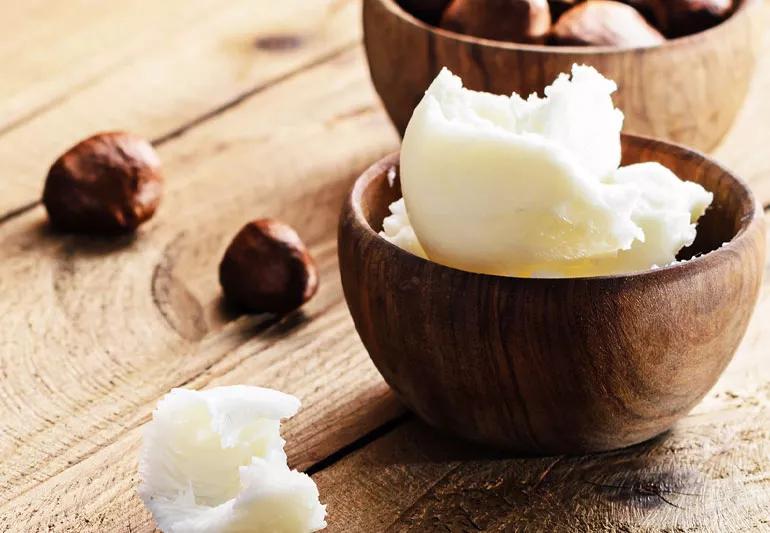
Shea butter is a thick, creamy substance that is extracted from the nuts of the shea tree. It is rich in vitamins A and E, as well as fatty acids, making it an excellent alternative to castor oil for moisturizing and nourishing the skin.
Shea butter is particularly beneficial for dry or damaged skin because it helps to lock in moisture and promote healing. To use shea butter for skin care, warm a small amount in your hands until it becomes a liquid, then apply it to your skin and massage it in.
For hair care, shea butter can be used as a deep conditioning treatment. Apply it to your scalp and hair, leave it on for about 30 minutes, then wash it out with a mild shampoo.
10. Flaxseed Oil
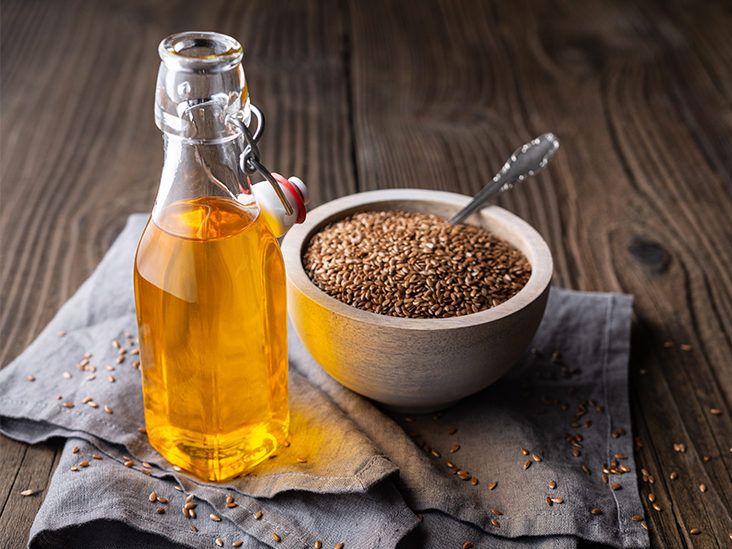
Flaxseed oil is another great substitute for castor oil, particularly for those looking to promote healthy hair growth. It is rich in omega-3 fatty acids, which help to nourish the scalp and hair, promoting healthy growth and reducing hair loss.
To use flaxseed oil for hair care, apply a small amount to your scalp and hair, massage it in, and leave it on for about 30 minutes before rinsing with shampoo.
For skin care, flaxseed oil can help to hydrate and soothe dry, irritated skin. Apply a few drops to your skin and massage it in, or add it to your favorite moisturizer for an extra boost of hydration.
11. Pumpkin Seed Oil
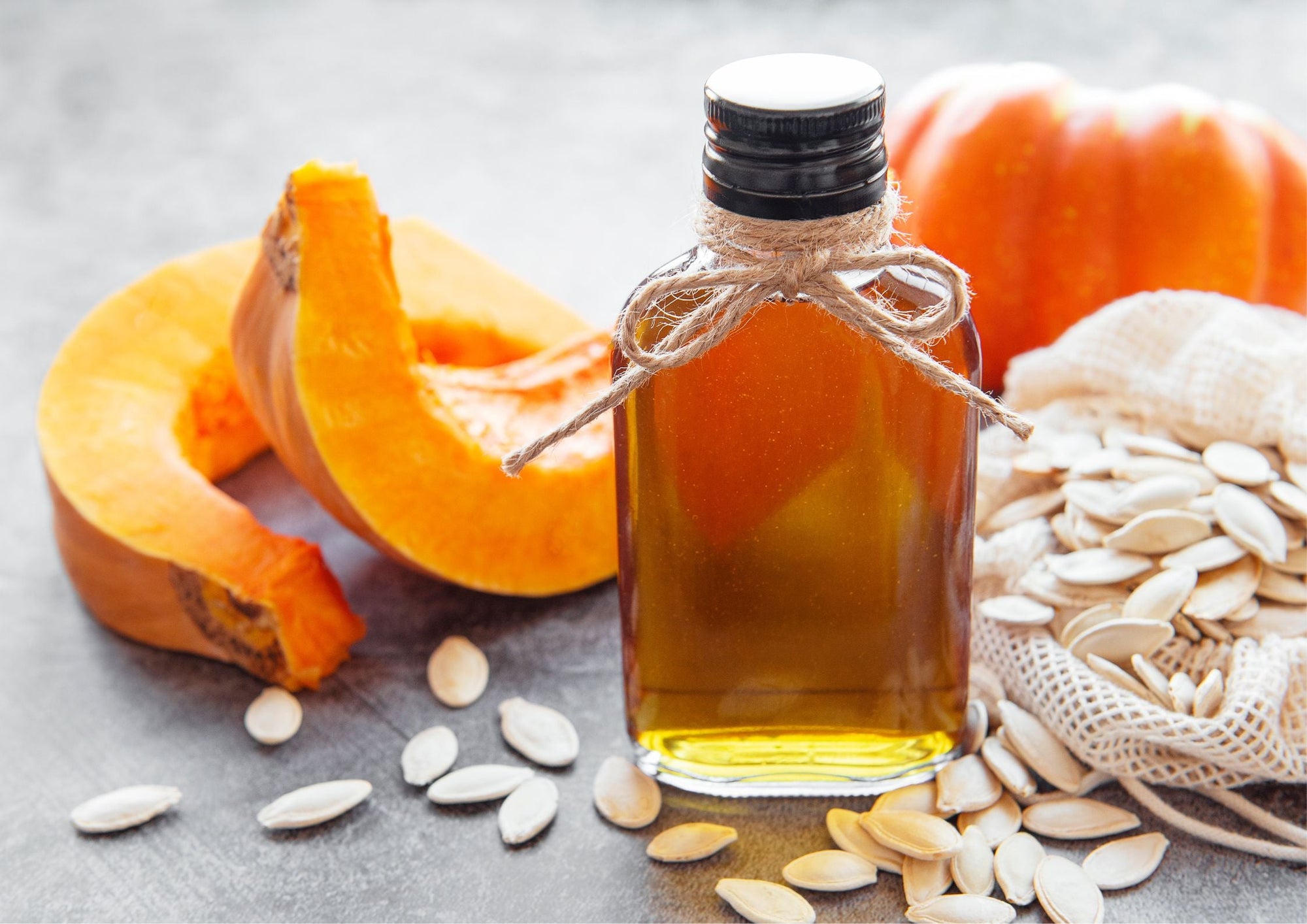
Pumpkin seed oil is a lesser-known substitute for castor oil but is just as effective. It is rich in vitamins A, E, and K, as well as zinc and omega-3 and omega-6 fatty acids, all of which help to nourish and protect the skin and hair.
Pumpkin seed oil is particularly beneficial for hair care because it helps to promote healthy hair growth and reduce hair loss. To use pumpkin seed oil, apply a small amount to your scalp and hair, massage it in, and leave it on for about 30 minutes before rinsing with shampoo.
Pumpkin seed oil can help to hydrate and soothe dry, irritated skin. Apply a few drops to your skin and massage it in, or add it to your favorite moisturizer for an extra boost of hydration.
Conclusion
While castor oil is a popular natural remedy for a variety of uses, there are many other oils and natural ingredients that can provide similar benefits. Whether you’re looking for a substitute for hair care, skin care, or other purposes, these 11 alternatives offer a range of options to suit your needs. Each of these oils has its unique properties and benefits, so you can choose the one that best fits your needs and preferences.
